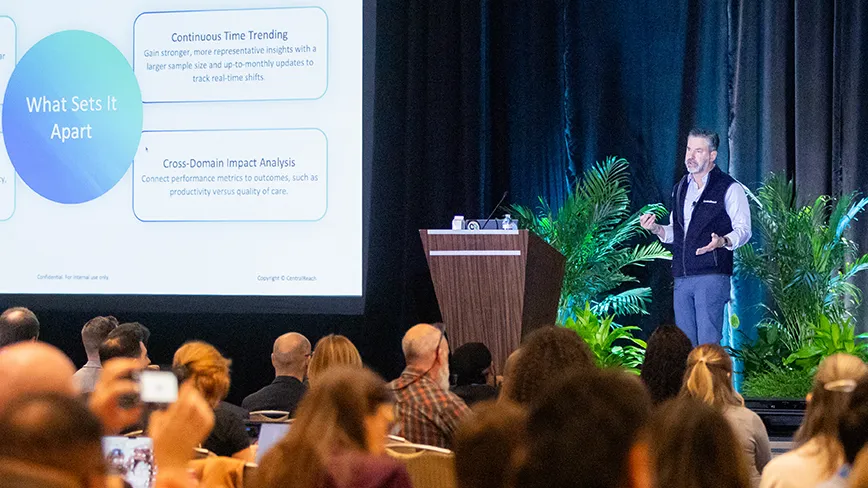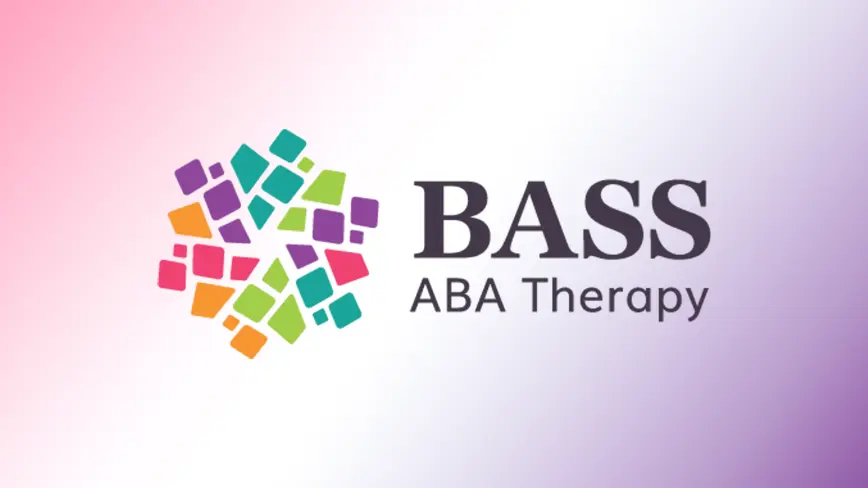The field of applied behavior analysis (ABA) has rapidly grown over the last several years, with thousands of new Registered Behavior Technicians® (RBTs®) and Board Certified Behavior Analysts® (BCBAs®) certified each year. With continuous growth in the field, the Behavior Analyst Certification Board® (BACB®) sets forth procedures to ensure newly certified ABA clinicians are well-prepared for their new roles in the field. As such, those who will be providing supervision, training, and oversight are required to attend an 8-hour supervision training to develop the knowledge and skills necessary for a supervisory role.
In addition to ongoing supervision CEU requirements, supervisors must meet one of the following qualifications:
- An active BCBA® without current disciplinary sanctions who has been certified for 1+ years
- An active BCBA® without current disciplinary sanctions with less than 1-year post certification experience who receives monthly consultation from a qualified consulting supervisor
- A licensed registered psychologist certified by the American Board of Professional Psychology in Behavioral and Cognitive Psychology, who was tested in ABA; OR
- An authorized Verified Course Sequence instructor
For ease of communication, we will use the term “behavior analyst” or “supervisor” unless specifically referencing a required credential.
BACB® 8-Hour Supervision Training Course
The BACB® mandates an 8-hour supervision training prior to providing supervision to RBTs®, BCaBAs®, other BCBAs®, or those pursuing certification. The BACB® does not provide the training course. Instead, they created a supervisor training curriculum outline, which the 8-hour course is developed based on. The training is then provided by Authorized Continuing Education (ACE) Providers.

BACB Requirements for Supervision
The BACB® sets forth requirements for the supervision of each role. Behavior analysts must be knowledgeable about the current requirements and stay up to date with future changes. The next changes are scheduled to go into effect in January of 2027.
Ongoing Supervision of RBTs®
RBTs® must receive supervision for a minimum of 5% of their direct therapy hours each month. Monthly supervision must include at least two face-to-face contacts. In at least one of these contacts, the supervisor must observe the RBT® providing services with a client. The supervising behavior analyst must have completed the 8-hour training course, as well as ongoing supervision CEU requirements.
Ongoing Supervision of BCaBAs®
BCaBAs® are required to receive ongoing supervision by a behavior analyst who has taken the 8-hour training course as well. For a newly certified BCaBA®, supervision must occur for a minimum of 5% of total behavior-analytic service hours each month. A BCaBA® must receive at least 1 hour of supervision every 2 weeks. Once a BCaBA® has completed their first 1,000 hours of post-certification practice, supervision can decrease to 2% of their monthly behavior-analytic service hours.
BCBA® & BCaBA® Fieldwork Supervision
Individuals pursuing certification as a BCBA® or BCaBA® must complete supervised fieldwork. The minimum supervision required is 5% of the accrued monthly hours. Those pursuing the concentrated pathway require 10% of their hours to be supervised.
Consulting Supervision
In 2022, the BACB® created a requirement for new behavior analysts to receive consultation from an experienced BCBA if they are providing fieldwork supervision. BCBAs® in their first year of post-certification experience must receive at least a one-hour consultation per month from a BCBA® who has been certified for a minimum of five years. The consulting supervisor must have completed the 8-hour supervisor training and meet ongoing continuing education requirements.

Purpose of Supervision
Professional supervision is vital for the integrity of behavior-analytic services. Through ongoing supervision of RBTs® and BCaBAs®, supervisors can ensure that their learners are receiving high-quality, ethical care. Supervision for BCBA® and BCaBA® candidates is vital to ensure that those pursuing certification are developing the competencies necessary for a behavior analyst.
Initial Skills Assessment
One of the first components of supervision is to conduct an initial assessment of your supervisee. In order to assign fieldwork activities and provide sufficient supervision, a supervisor must thoroughly understand the current skills and areas of need of their supervisee. They will then use the results of the initial skills assessment to guide the development of training opportunities.
Delivering Performance Feedback
Both giving and receiving feedback can be uncomfortable for many people. It takes experience to develop competencies in the delivery of performance feedback. Supervisors are expected to utilize the best practices in delivering feedback including how to balance constructive and positive feedback.

The Structure of Supervised Sessions
Another key component of the 8-hour training course is learning how to structure supervision. Supervisors must establish a plan for the structure of supervisory activities including setting performance expectations, teaching skills via behavioral skills training, modeling behaviors, developing problem-solving repertoires, and overseeing the delivery of behavior-analytic services. There are important rules regarding the frequency and composition of group supervision. Supervisors must be aware of these and adhere to them.
Evaluating Supervisory Effectiveness
Supervisors must be able to evaluate their own supervisory practices. Self-monitoring your behaviors as a behavior analyst is vital to ensure you are providing ethical, high-quality supervision. Supervisors can evaluate the effects of their supervision by assessing their supervisee’s performance progress from baseline, as well as evaluating their client’s progress. Supervisory effectiveness is also assessed by the supervisee. This should be done comprehensively at the end of the supervisory experience, but ongoing bidirectional feedback is also necessary.
Benefits of the BACB® 8-Hour Supervision Course
The majority of BCBAs® and BCaBAs® actively working in the field are expected to provide supervision to RBTs®. Additionally, many ABA organizations require their BCBAs® to offer supervision to aspiring behavior analysts. Before supervision can be offered, the 8-hour supervision course must first be completed.
To help ensure these tasks are performed with quality, integrity, and efficiency, the BACB® has provided extensive guidance in its curriculum outline. Aspiring supervisors must master these basic concepts in order to meet the objective of creating a highly competent ABA workforce.






